The second session of the United Nations Habitat Assembly, which concluded on Friday in Nairobi, Kenya, adopted a historic resolution on housing for all, which is expected to address the affordability challenge.
Member states agreed to give priority to adequate housing and view housing as a human right for the first time since 1948 when the Universal Declaration on Human Rights was adopted.
Rafael Tuts, director of the global solutions division of UN-Habitat, said the resolution was long overdue, noting housing is not only an issue in developing countries but a global issue of access, affordability, financing and dignity for billions of people.
Under the resolution, an open-ended intergovernmental working group will be set up to convene member states to study the provision of affordable housing. The working group is expected to report to the assembly in 2029.
The resolution recommends setting up a platform to collect, consolidate and compile housing data to better understand the housing needs and existing gaps as a basis for relevant solutions.
"We are moving away from the idea that housing is a national issue and lift it to an international issue that will benefit from exchange, to give housing the place it deserves — as a pillar of social cohesion," Tuts said.
He said the resolution is bringing people together to learn from each other and create a form of solidarity that will encourage public-private partnerships to increase supply of affordable housing.
Tuts said there is enough money in the world for housing but it is not invested in segments that are left behind — the lowest 20 percent of the percentile of the incomes, which developers perceive as not profitable.
Maimunah Sharif, the executive director of UN-Habitat, said almost all countries are struggling to ensure their citizens have access to affordable housing.
Better future
"Globally, 1.6 billion people continue to live in inadequate shelter. We must act now to create a better urban future for them," she said.
"This number might be even higher as we still have not factored in those people impoverished by the COVID-19 pandemic and displaced by ongoing conflicts."
During the opening ceremony of the session earlier, Kenya's President William Ruto complained of unjustness of the international financial architecture and discriminatory practices inherent in development financing.
Martin Kwaku Adjei-Mensah Korsah, vice-president of the second session of the UN-Habitat Assembly, said there is a need to relook at the terms of engagement when it comes to international financing because there appears to be an imbalance. This is in addition to exploring available options.
More than 3,400 participants from 137 countries participated in the five-day summit, while an additional 1,000 attended virtually, according to UN-Habitat.
Sharif said the second session of the UN-Habitat Assembly attracted more local governments and private sector compared to the first session.
"This demonstrates that we are not only doing the talk but also walking the walk on multilateralism by involving local and regional governments in urban discussions and forums like this," she said.












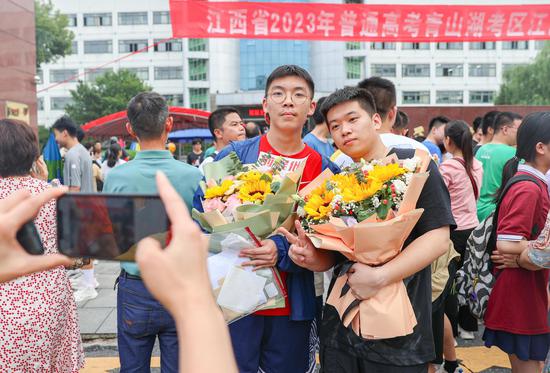




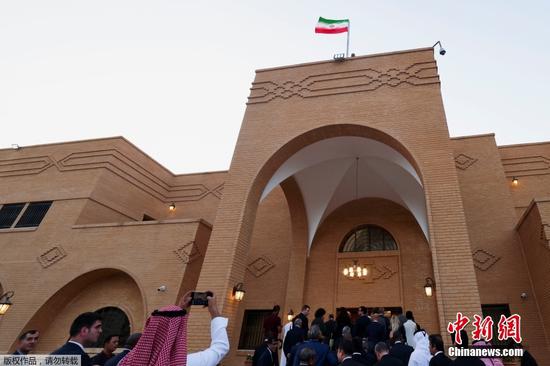







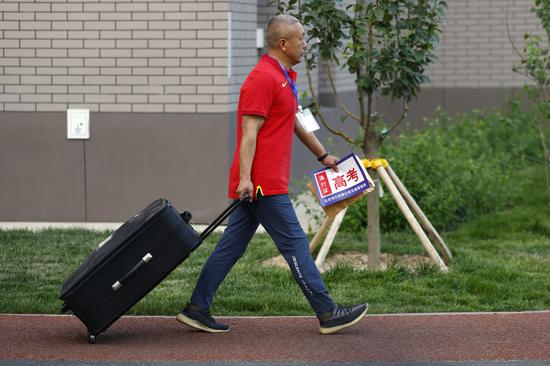


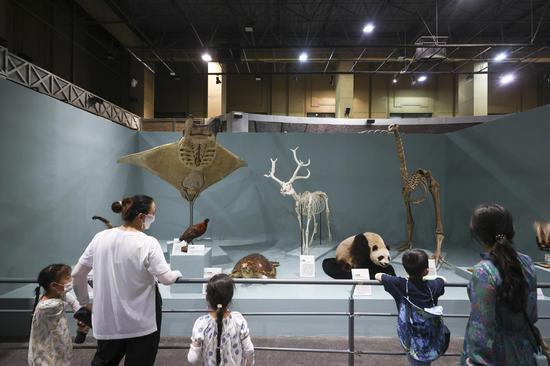





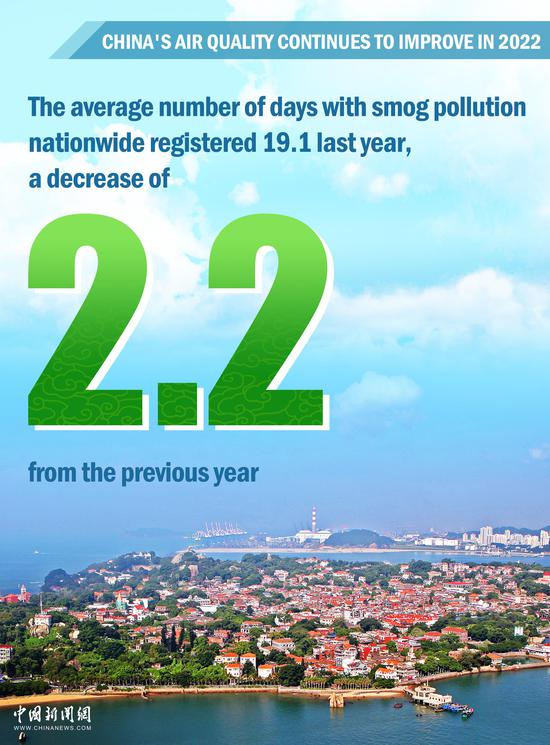







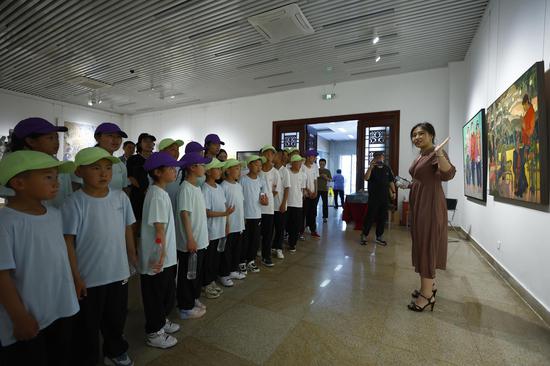







 京公网安备 11010202009201号
京公网安备 11010202009201号